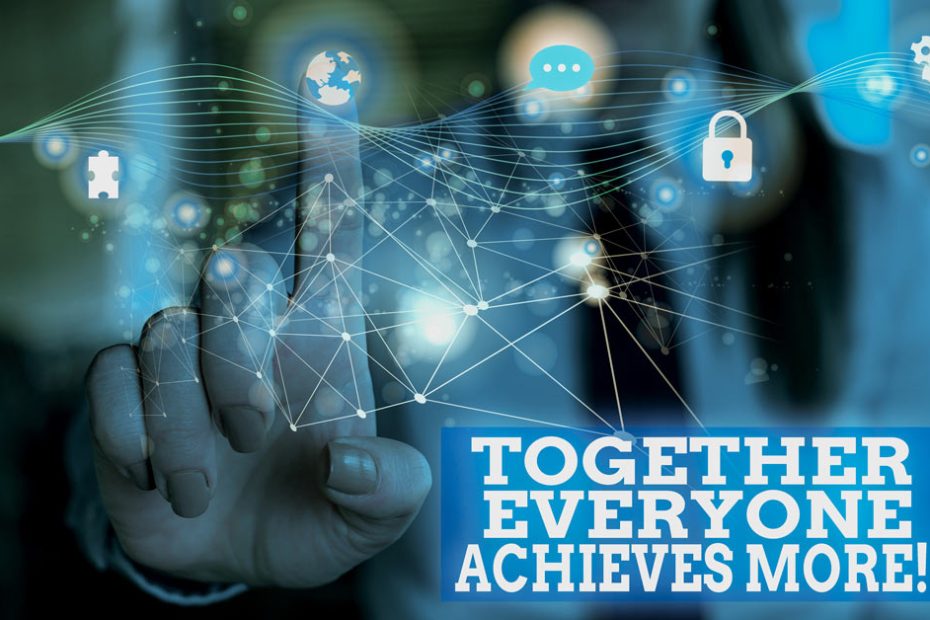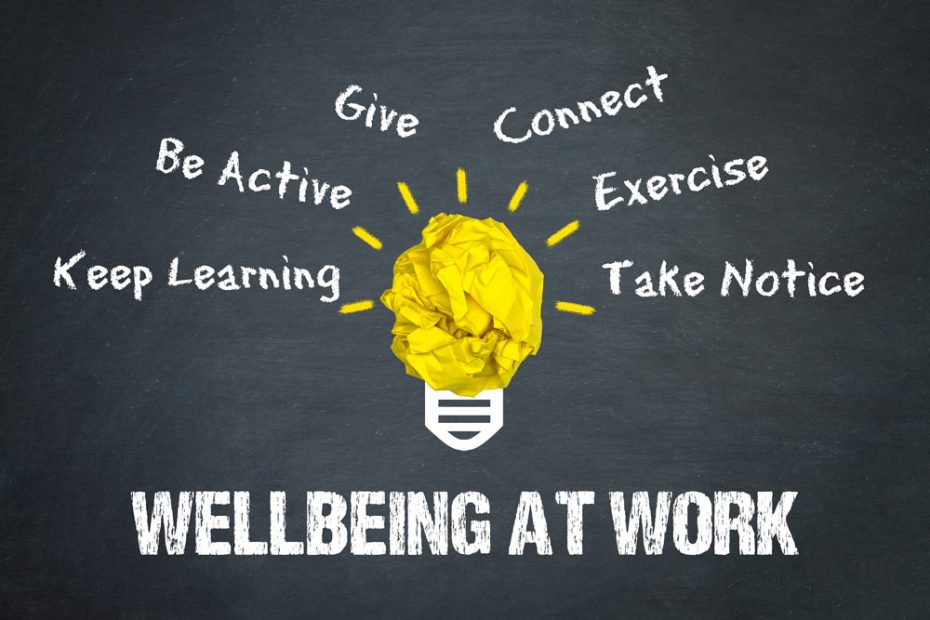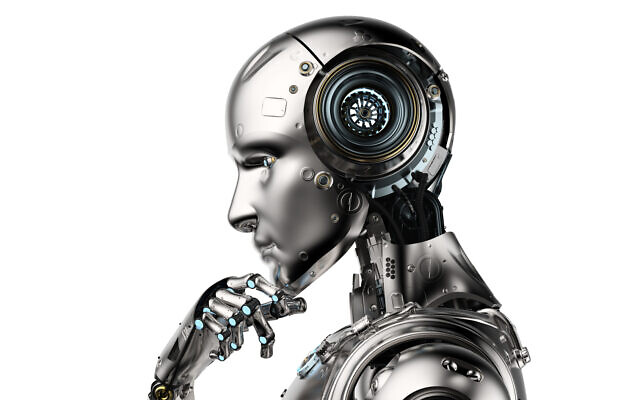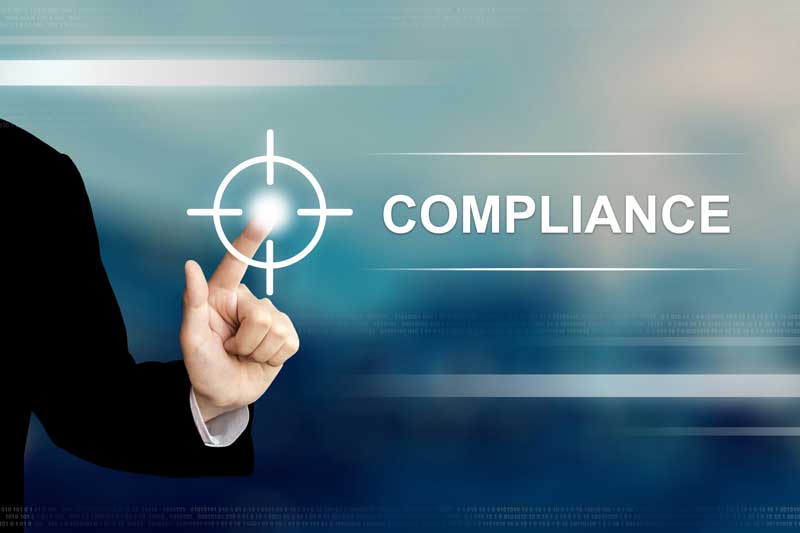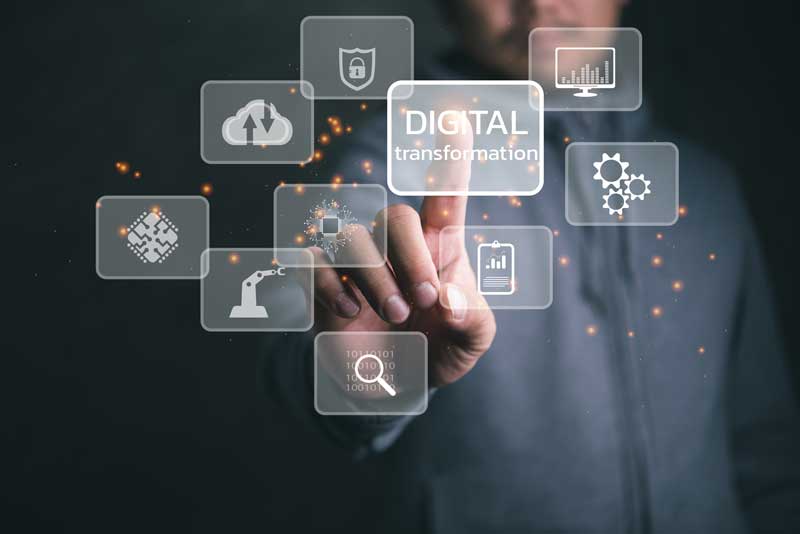What is Change Management?
Change management refers to the process, methodologies, and strategies that organizations employ to effectively navigate and implement changes within their structure, processes, culture, or systems. It involves managing the transition from the current state to a desired future state in a planned and structured manner. Here are some key elements of change management: Change Planning: Change management starts with identifying the need for change and… Read More »What is Change Management?

